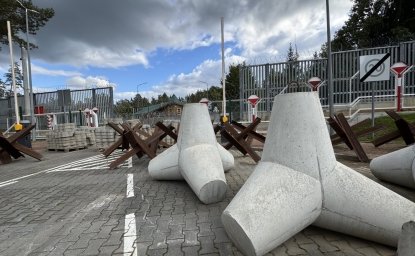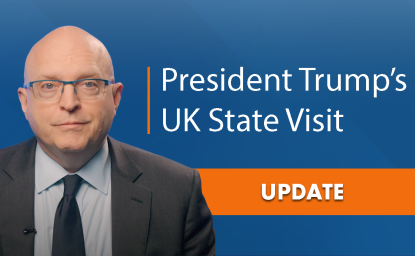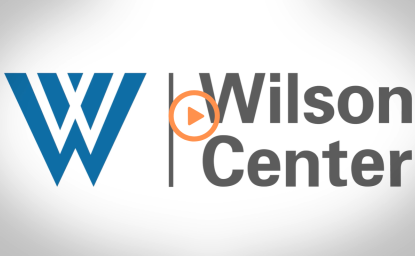In 2009, some 80 terrorist attacks in Pakistan killed more than 850 Pakistani civilians. But even as political violence rises to unprecedented levels, everyday nonpolitical vulnerability still is far more deadly.
The World Health Organization reports that almost 150 Pakistanis die from tuberculosis every day. Diarrhea alone kills nearly 700 Pakistani children every day. A study by the Centers for Disease Control and Aga Khan University Hospital estimates that more than half of those children would be alive today if they were taught to wash their hands properly.
Wilson Center Fellow Christopher Candland, who has studied human development and politics in Pakistan for two decades, is writing a book on the Islamic social welfare sector, specifically on the provision of education, health, financial, legal aid, and emergency services by nongovernmental Islamic associations. His research aims to identify the factors for promoting greater human security through more effective social welfare services.
In much of Pakistan, Candland said, the state provides no education, no health care, and no personal security. As a result, many Pakistanis regard the government with distrust, even open hostility.
"For the millions living diminished lives, the government's failure to promote human development and human security is felt not as the consequence of neglect but of an active denial of social welfare services," said Candland.
The results of this denial of services are staggering. In the health sector alone, Candland said, the lack of services and inattention to reproductive health yield high infant and maternal mortality rates. In fact, Pakistan would not even have ambulatory care if not for the philanthropist Abdul Sattar Edhi, whose foundation established a volunteer ambulance network that serves cities across the country, and provides other medical services, as well as assistance for the elderly and disadvantaged women and children.
Candland's scholarship, and his earlier experiences assisting refugees in South Asia, suggests there are specific government policies and nongovernmental practices that promote effective provision of social welfare services.
"The Pakistani government should get out of the business of deciding what is Islamic and who is or isn't a Muslim," Candland told Centerpoint. "My analysis suggests that private social welfare associations would perform better if the government would refrain from sectarian requirements."
The Islamic social welfare sector operates tens of thousands of schools and health centers, including some large universities and hospitals, and it provides services at or below cost. This sector is politically diverse including leaders with and without political ambitions. Mainstream Islamic political parties, such as the Jamaati Islam, have Islamic welfare associations, but so too do leaders in Islamic minority communities, such as the Aga Khan Development Network of the Ismaeli community, who have remained studiously distant from politics.
Some political associations offer good relief services, said Candland, but that welfare generally comes attached to a political agenda. He maintains the nonpolitical associations, which constitute the majority, conduct the most effective charitable work.
Candland is an associate professor of political science at Wellesley College, where he founded and directs the South Asia Studies Program.



